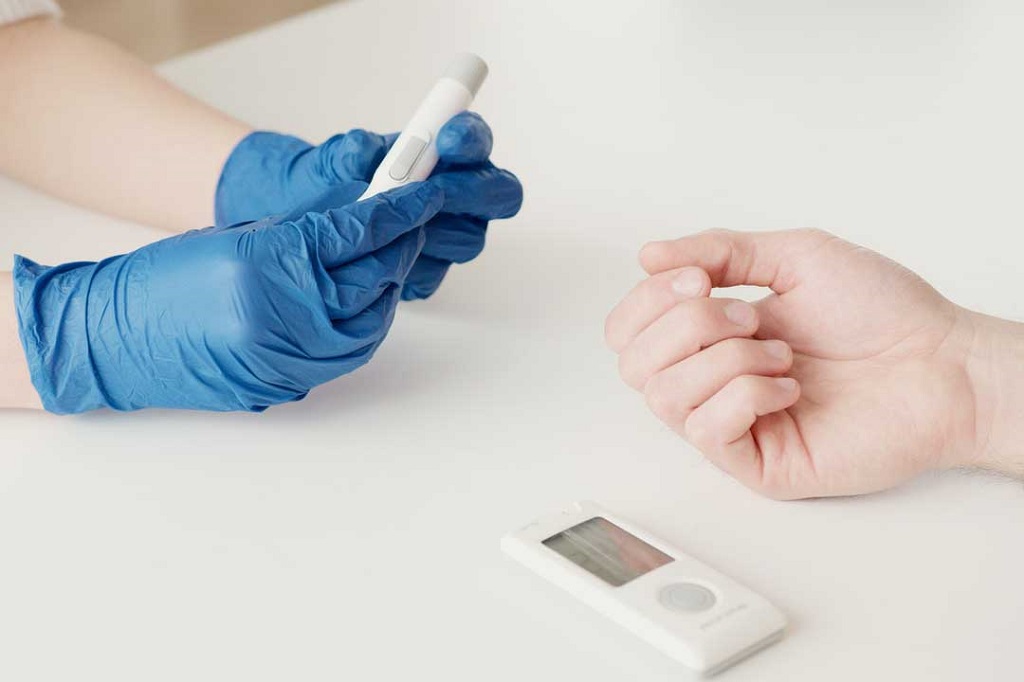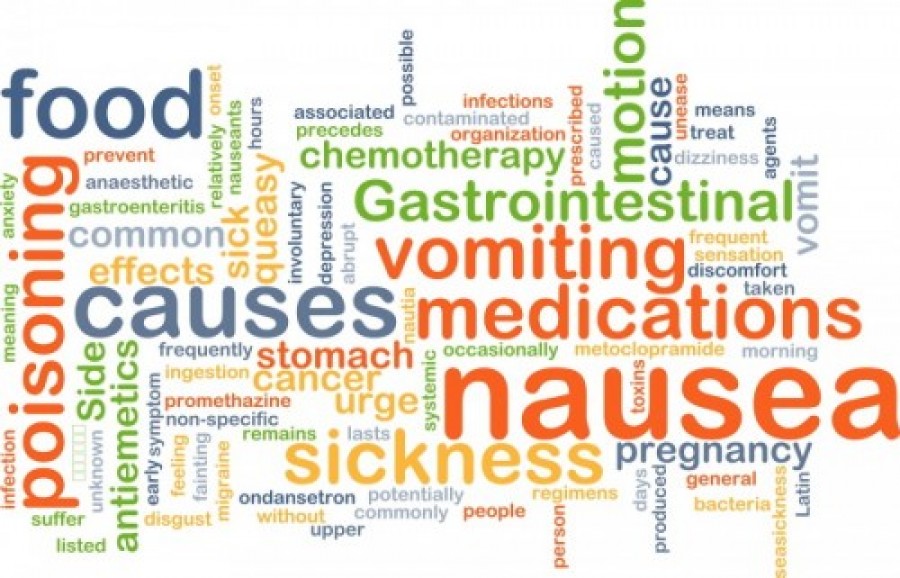Diabetes and Pregnancy: Causes and Management

Around 2-4% women will develop diabetes during pregnancy – you may hear this referred to as ‘gestational diabetes’, It’s a result of the hormonal changes in the body, and your body responding to how it needs to behave differently now you’re growing a baby.
For women who already have a diagnosis of diabetes prior to falling pregnant, they can find that some of their symptoms as a result of their condition can worsen. However, with proper management and medical support this is not normally too bad.
What is Diabetes?
The pancreas is an organ in the body that regulates the amount of sugar in our blood with the release of an enzyme called ‘insulin’.
Diabetes occurs when the pancreas is not able to perform its function properly. This leads to an increase in the level of sugar in the blood. This in turn can then lead to a number of health issues, especially if the condition is not managed correctly.
Depending on the type of diabetes you are diagnosed with, you may have to take regular medication which can be in the form of tablets, or a daily insulin injection. Many diabetics also have to monitor their blood sugar levels carefully to make sure they are within a ‘normal’ range’ and manage their diet to ensure they are not consuming too much sugar.
When is a pregnant woman more prone to Diabetes?

Every woman is different and some women find they experience gestational diabetes, without there being any real indication why. There are also a number of different risk factors that may lead to diabetes in women during pregnancy which include:
1. Being overweight
Several studies have revealed that women who are overweight, either before or after pregnancy, tend to be susceptible to diabetes.
2. Age over 30 years
This is not written in stone, but women aged 30 and above, are at a higher risk of suffering from diabetes than those who are younger than 30.
3. Family history of Diabetes
As with many medical conditions, diabetes is also one which tends to run in families. A pregnant woman is more likely to develop diabetes if diabetes already runs in her family. Therefore, it is always advisable to let your doctor know about any medical conditions that run in your family.
4. Previous pregnancy induced Diabetes
If a woman has gone through diabetes in any of her previous pregnancies, there is a possibility that she would have to face the same problem yet again, in any or all of her present or future pregnancies
5. Polycystic Ovarian Syndrome (PCOS)
This is a condition which is quite common in women. In this condition cyst like formations take place in the ovaries of women. Although its cause is not known, one of the known symptoms of PCOS is diabetes.
6. Previous traumatic delivery
Research has shown that many of the women, who go through diabetes while they are pregnant, tend to be the ones who have had a trauma during a previous delivery.
Signs & symptoms of Diabetes in pregnant women

You may not notice any real indication of gestational diabetes to begin with, and it could be easy to dismiss the symptoms as simply a part of being pregnant.
It’s important to discuss any symptoms or problems you experience with your midwife so they can assess whether this is a natural part of being pregnant or an indication of something else. Some of the symptoms to look out for and speak with your midwife about include:
- Extreme Fatigue
- Increased thirst
- Increased urination
- Increase in the volume of urine passed
- Increase in chances of suffering from an infection of the urinary tract.
- Normal Values of Sugar in Pregnancy
It is important that we keep track of our blood sugar level on a regular basis, just for your health’s sake. During pregnancy you will go through a number of routine tests and check ups at different intervals that will help you to keep an eye on these things.
The names of different kinds of tests to check sugar level and their Normal Ranges are mentioned in the table below:
| Tests | Normal range |
| Fasting Blood Sugar (FBS) | < 95 mg/dl |
| 1-hr 50g/100g OGTT* | < 180 mg/dl |
| 2-hr 100g OGTT* | < 155 mg/dl |
| 3-hr 100g OGTT* | < 140 mg/dl |
OGTT* = Oral Glucose Tolerance Test
What to do if you are pregnant and diabetic?

As mentioned above, the most important thing if you do already have diabetes, or are diagnosed with gestational diabetes, is to make sure you look after yourself and carry out proper management techniques to keep yourself healthy.
This might include medication or it might not. Your doctor and midwife will help work out what the best course of treatment and management is for you. Some of the ways to help keep a check on diabetes include:
1. Eating a balanced diet
Eating a healthy balanced diet is especially important if you are diabetic and pregnant. Make sure your diet consists of a good amount of protein, contains less amounts of fat. Also, carbohydrate content in your diet should also be limited. Read more on what to eat during pregnancy.
2. Eating regular light meals
Eating smaller meals, more regular can really help to keep different levels in your body healthy and regular – including your metabolism and your blood sugar levels.
3. Checking your sugar level
As mentioned above, if you are diagnosed with gestational diabetes, it’s likely your doctor will ask you to keep a regular check on your blood sugar levels to monitor the condition and be mindful of what/what not to eat.
4. Insulin therapy
If you are diagnosed with insulin deficient diabetes, regular intake of insulin is a must under your doctor’s supervision.
Complications of Diabetes in pregnant women
The most important thing to remember if you do have diabetes, or are diagnosed with gestational diabetes is to make sure you seek medical support and properly manage your condition.
Some complications that can occur if you do not manage your diabetes include:
- High blood pressure
- Urinary Tract Infections
- Premature birth
- A complicated labour
- Your baby may be born overweight
- Your baby may suffer from birth defects
Conclusion
While complications can occur for you and your baby as a result of diabetes, this is usually down the condition not being managed correctly. By making sure you listen to your doctor’s advice and guidance, and follow what they tell you, you give you and your baby the best possible chance of staying healthy and not having to deal with any complications.
As always, if you are worried or think you might be experiencing signs or symptoms of diabetes, or you are concerned about how to manage your existing diabetes always make sure you seek professional medical advice.



